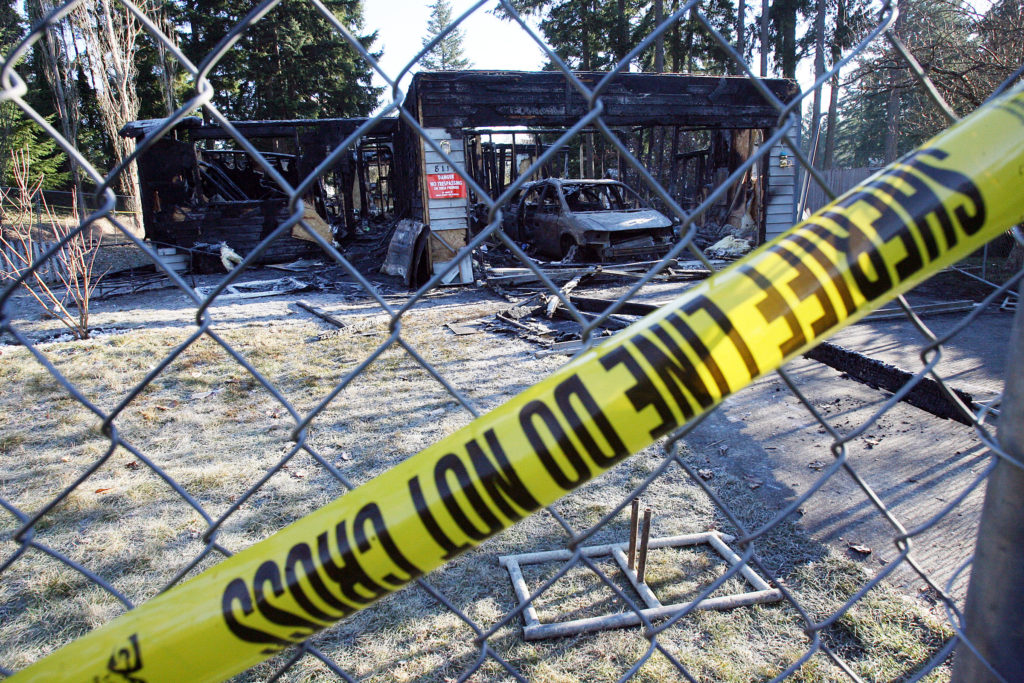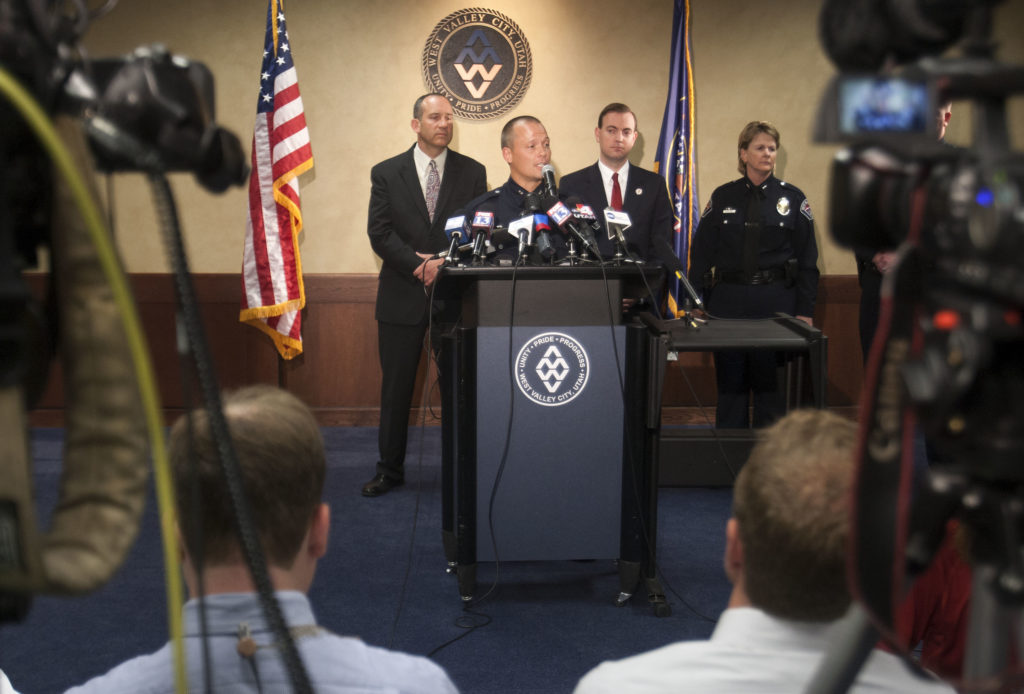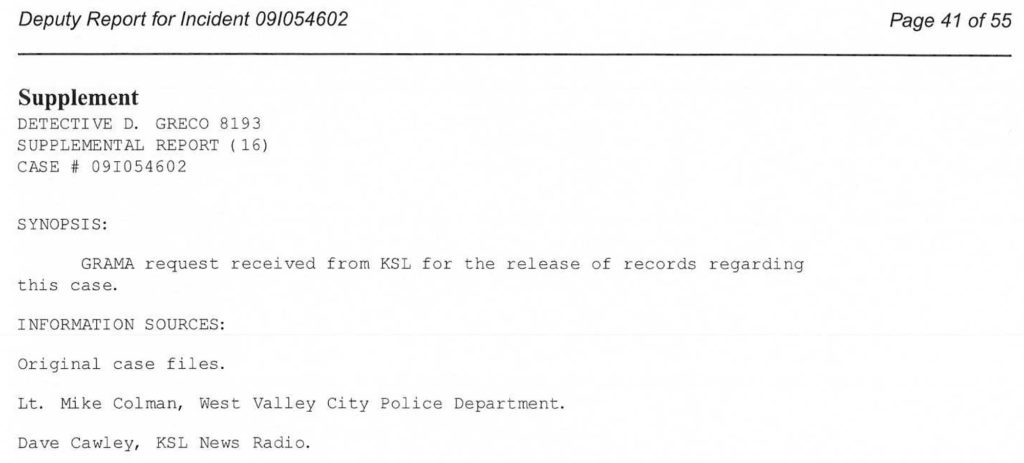Susan Cox Powell was a wife, a mother, a working professional and a faithful Latter-day Saint.
She was also a victim. Of just what crime, no one can say with certainty.
Susan Cox Powell vanished on Dec. 7, 2009, on the same day her husband had their two young sons, ages 2 and 4, out for an impromptu camping trip — in a blizzard — in Utah’s West Desert.
Her body has never been located.
Police suspected Susan’s husband, Josh Powell, murdered Susan from the very first day of her disappearance. Yet they never arrested Josh. Prosecutors also never filed criminal charges against him.
Deputies, detectives and federal agents pursued Josh for more than two years, believing they had the benefit of time. Then, on Feb. 5, 2012, Josh killed himself and the boys, Charlie and Braden, by setting fire to a home he’d rented in Graham, Washington.

The deaths of the boys shocked Susan Powell’s family, friends and many other people who had followed the unfolding story in news reports.
Their deaths also triggered the public release of court documents, social worker reports and even a psychological evaluation of Josh from state agencies in Washington.
A little over a year later, in May of 2013, police in West Valley City, Utah declared the case cold.

They likewise released a redacted copy of their case file to the media. It included tens of thousands of pages of reports, interview transcripts, warrants, subpoenas, forensic evaluations, cell phone records, evidence, emails, photos and more.
A New Investigation
The sheer volume of the case files posed a problem. People interested in the case had a hard time sifting through and digesting all of the new details.
Investigators presented many of the documents, from both Washington and Utah, without context. In the case of the police files, some referenced investigative leads that proved inconclusive or turned out to be dead-ends — but did not clearly indicate that.
In 2016, KSL launched a comprehensive review of the Susan Cox Powell case files in the hopes of providing that clarity and context.
The effort included fresh public records requests in both Utah and Washington.

KSL conducted new interviews with people associated with the case, including some who had never publicly shared their stories. It led to site visits in Utah, Washington, Oregon, Idaho and Nevada.
The results of the review are now coming to light in the form of a new, multi-part podcast series called Cold.
The Themes of the Cold podcast
The Cold podcast revolves around three central themes.
First, Susan Cox Powell’s own writings showed she realized she was trapped in an abusive marriage. She reached out to family and friends, yet she could not escape. Understanding why might allow other women to navigate and avoid their own dangerous situations.
Second, the totality of the evidence, most all of it circumstantial, pointed to Josh Powell’s guilt. The police investigation was comprehensive, a fact backed up by police records. There were, however, missed opportunities that could have changed the outcome.
Third, the records revealed Josh’s father, Steven Powell, groomed him as a child and influenced him as an adult to act in a controlling, abusive manner to his spouse. Josh and his dad shared a complicated relationship, part of a multigenerational pattern of manipulation.
Episode credits
Research, writing, hosting and production: Dave Cawley
Production assistance: Danielle Prager, Adam Mason
Additional voices: Kristen Sorensen (as Susan Powell), Eric Openshaw (as Josh Powell), Ken Fall (as Steve Powell)
Cold main score composition: Michael Bahnmiller
Cold main score mixing: Dan Blanck
Supplemental music: Dave Cawley
KSL executive producers: Sheryl Worsley, Keira Farrimond
Episode transcript: https://thecoldpodcast.com/season-1-transcript/prelude-full-transcript
KSL companion story: https://www.ksl.com/article/46426840/new-podcast-to-shed-light-on-susan-powell-cold-case







